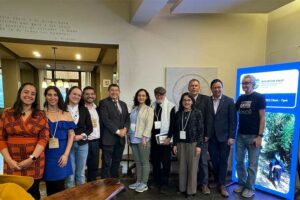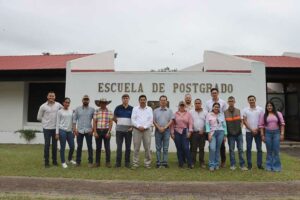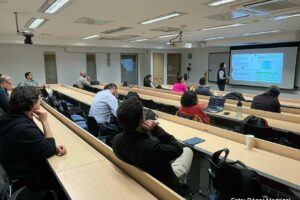CATIE promotes facilitator training to foster sustainable livestock farming in Honduras
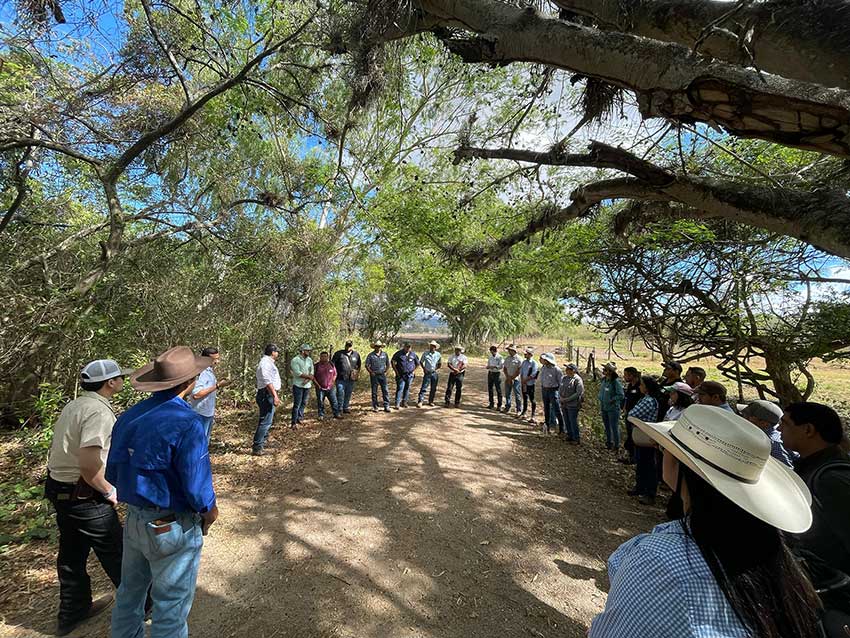
- Within the framework of the MAF project, the first methodological training workshop was held, focusing on social inclusion, low-carbon productivity, and sustainability.
In April, CATIE (Tropical Agricultural Research and Higher Education Center), together with Zamorano and strategic partners, held the First Methodological Workshop of MAF-Ganadería-HN in Honduras, marking the beginning of the training program for facilitators of the project Transforming the Honduran livestock sector into a low-carbon economy (MAF-Ganadería-HN). This initiative seeks to strengthen the capacities of technical staff and facilitators to promote a more sustainable, inclusive, and low-carbon livestock sector in the country.
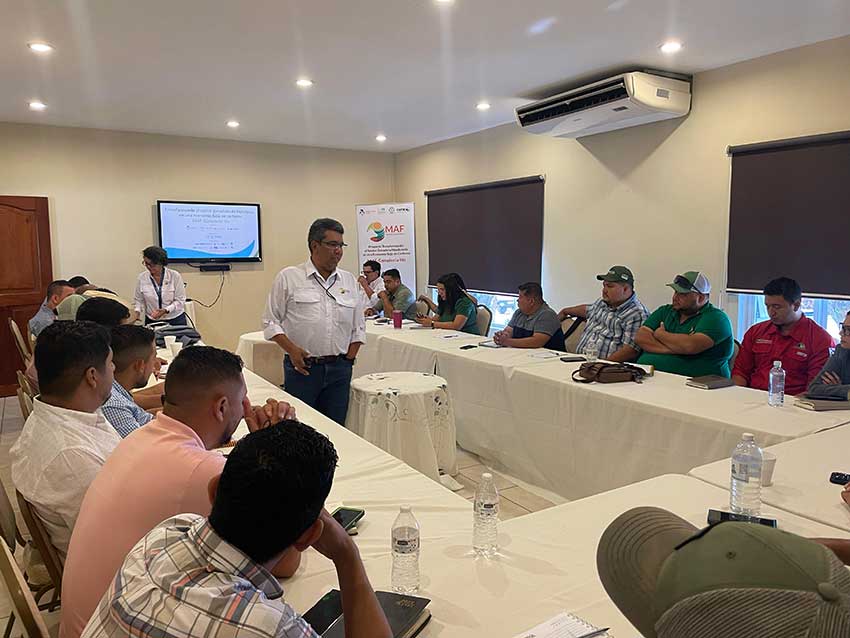
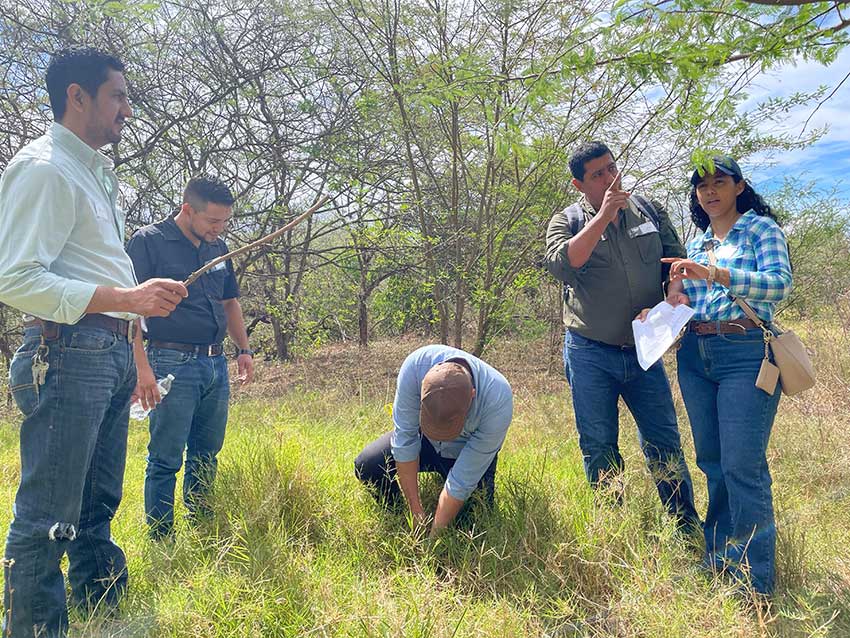
The workshop brought together 22 facilitators and five technicians from allied institutions (Ayuda en Acción, ODEF, KOFPI), who received a comprehensive introduction to the Field Schools (ECA) methodology, with a special focus on social inclusion and adult education.
The topics covered included:
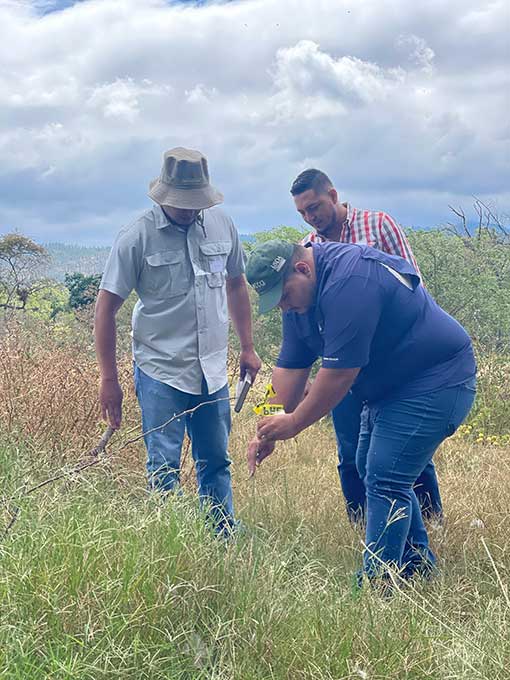
- Practical tools for facilitating participatory sessions, such as the problem tree and the development of curricula adapted to each community.
- Fundamentals of adult education, led by Bernardo Trejos from Zamorano.
- Gender perspective and social inclusion in the livestock value chain, facilitated by Gretel Guerra, gender specialist at CATIE.
- Participatory research applied to the ECAs and criteria for community selection and planning of field visits, under the direction of Edwin García from CATIE.
- Organization of the project's fieldwork, led by Juan Carlos Flores from CATIE.
During the event, practical field simulations were carried out, allowing participants to apply what they had learned and strengthening the "learning by doing" methodology, which is fundamental to the project's intervention strategy.
The workshop also featured the participation of technical liaisons from the project's technical assistance partners, who reviewed progress and coordinated joint actions to strengthen the implementation of the ECAs in the territories.
Juan Carlos Flores, coordinator of the MAF-Ganadería-HN project, highlighted that "this training week has been key to aligning facilitators with the philosophy of active participation and equity promoted by the project. We hope that the Field Schools will become seedbeds of innovation and sustainability for Honduran livestock farming."
Meanwhile, Guerra emphasized that "social inclusion is not only about creating spaces for women and youth but about changing how we communicate and make decisions to build a fairer and more competitive livestock sector."
Following this training, continuous evaluation of the ECAs and the practices implemented is planned, using productive, environmental, and social indicators. These actions aim to ensure the sustainability of the results and consolidate a livestock sector that contributes to inclusive and resilient rural development in Honduras.
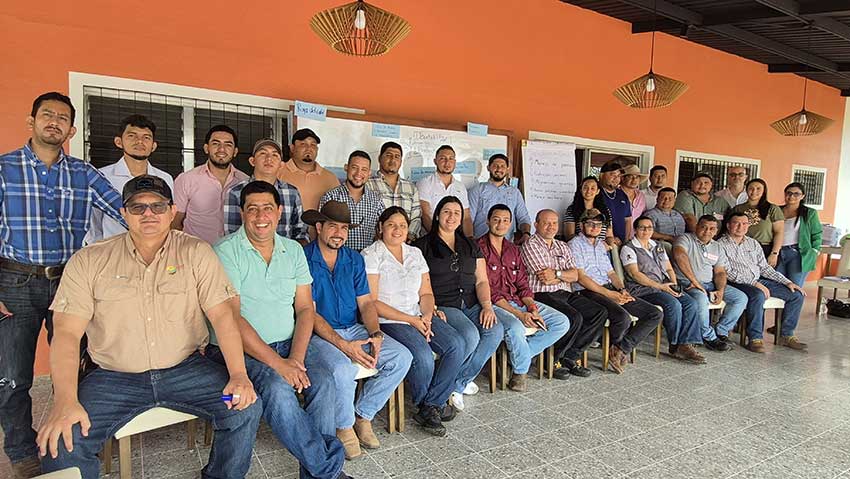
More information:
Juan Carlos Flores
National Coordinator Honduras
Transforming the Honduran Livestock Sector into a Low Carbon Economy (MAF-Ganadería-HN)
CATIE
juan.flores@catie.ac.cr
Written by:
Karla Salazar Leiva
Communications Officer
Communications and Marketing Office
CATIE
karla.salazar@catie.ac.cr

